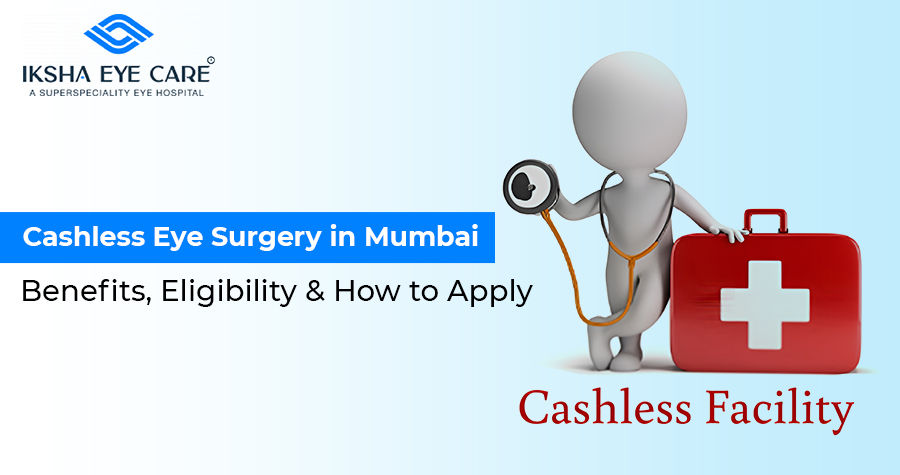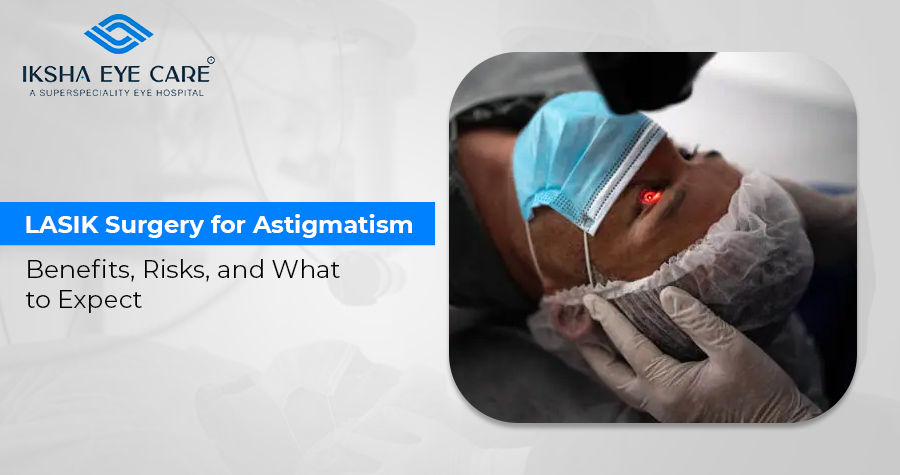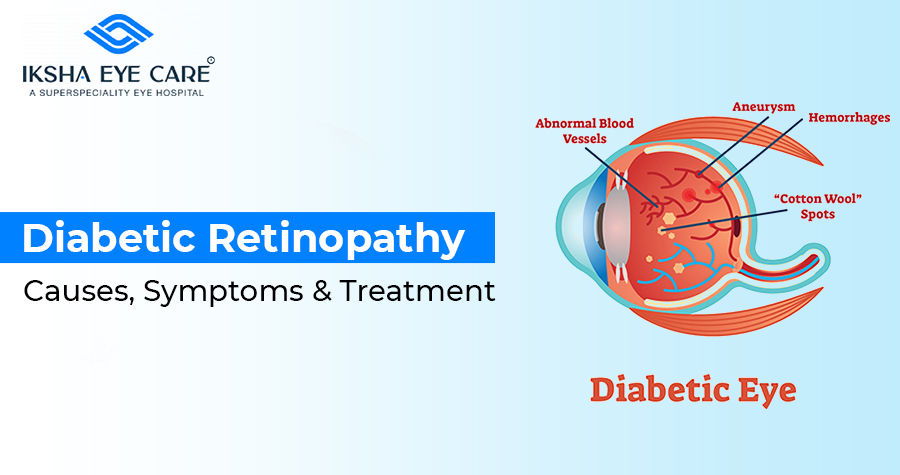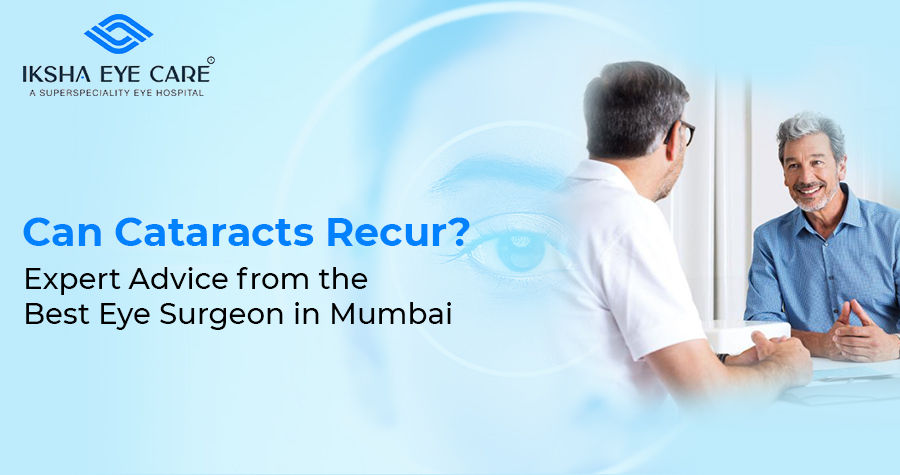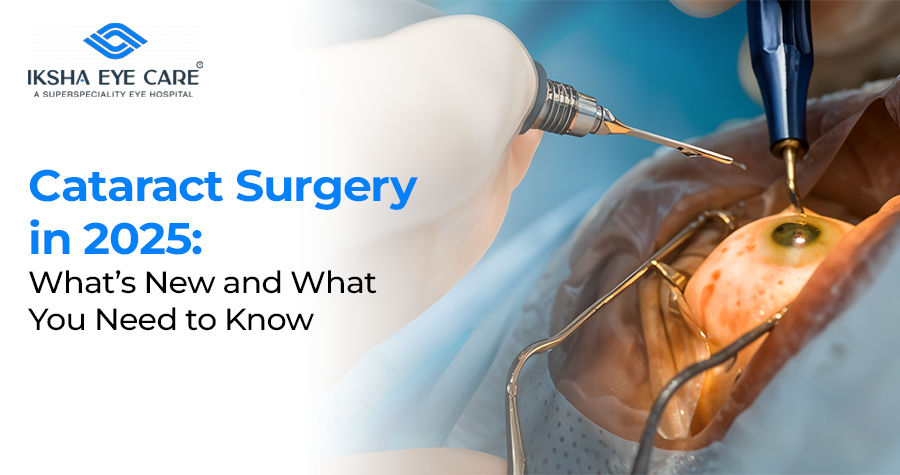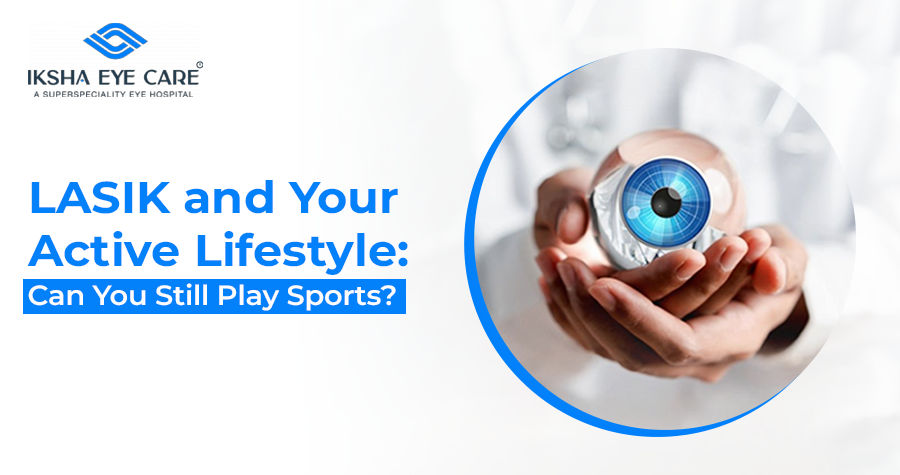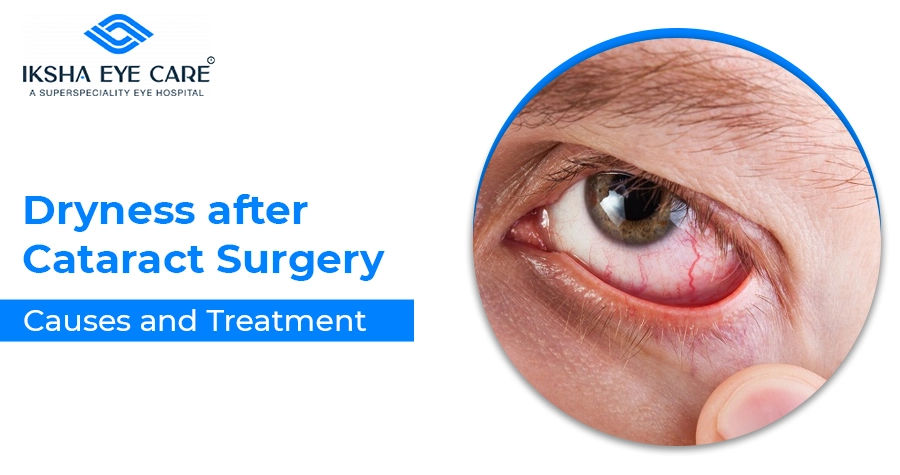Introduction
Are you searching for Cashless Eye Surgery in Mumbai? Quality eye care should be accessible without financial stress, and that’s exactly what Iksha Eye Care, a super speciality eye hospital, provides. By offering cashless eye surgery, patients can receive world-class treatments without upfront payments, making the process smooth and stress-free.
In this guide, we’ll explore everything you need to know about cashless eye surgery, including its benefits, eligibility, and the step-by-step process to avail it at Iksha Eye Care, one of the best eye care hospitals in Mumbai.
What is Cashless Eye Surgery?
Cashless eye surgery is a facility where your medical expenses are directly settled between the hospital and your insurance provider. This means you don’t need to pay the full amount upfront. Instead, the insurance company covers the eligible costs, making the treatment financially stress-free.
At Iksha Eye Care, we are committed to providing hassle-free cashless eye treatments for a wide range of conditions, ensuring that patients receive the best care without financial burdens.
Benefits of Cashless Eye Surgery in Mumbai
- No Upfront Payment Required
Patients don’t have to pay anything before the surgery. The insurance provider covers the costs directly.
- Quick & Hassle-Free Treatment
With pre-approved insurance, there’s no delay in receiving critical eye care services.
- Financial Security
You are protected from unexpected medical expenses, reducing the strain on your savings.
- Access to the Best Eye Care Facilities
With Iksha Eye Care, you receive treatment at a super speciality eye hospital, ensuring top-tier care from expert eye specialists.
Types of Cashless Eye Surgeries Available at Iksha Eye Care
Iksha Eye Care offers a variety of cashless procedures, covering multiple eye conditions:
1. Cataract Surgery
Cataract surgery involves replacing the eye’s cloudy lens with a clear artificial lens to restore vision. It is one of the most commonly performed surgeries at Iksha Eye Care, ensuring quick recovery with advanced techniques.
2. LASIK Surgery
If you’re looking for vision correction and freedom from glasses or contact lenses, LASIK surgery is a great option. Iksha Eye Care offers state-of-the-art LASIK treatments to correct refractive errors like myopia, hyperopia, and astigmatism.
3. Retina Surgery
Conditions like retinal detachment and diabetic retinopathy require specialized care. At Iksha Eye Care, our experienced specialists ensure safe and effective retina surgeries to prevent vision loss.
4. Glaucoma Surgery
Glaucoma is a serious eye condition that can cause vision loss if not treated in time. At Iksha Eye Care, our specialists offer advanced surgical treatments to reduce eye pressure and help protect your vision.
5. Oculoplasty Surgery
For eyelid disorders, tear duct blockages, and cosmetic enhancements, oculoplasty surgery at Iksha Eye Care provides the best solutions.
6. Corneal Surgery
Corneal diseases can significantly affect vision. Our specialists perform advanced corneal surgeries, including corneal transplants, to restore clarity.
7. Pediatric Ophthalmic Surgery
Children’s eye health requires specialized care. Pediatric ophthalmic surgery at Iksha Eye Care ensures early detection and treatment of conditions affecting young patients.
8. Uveitis Treatment
Uveitis is an inflammation inside the eye that can lead to vision loss. We provide advanced uveitis treatments to control inflammation and prevent complications.
9. Neuro-Ophthalmic Surgery
Vision problems linked to neurological conditions require expert care. Our neuro-ophthalmic specialists provide advanced treatments for such complex cases.
Eligibility for Cashless Eye Surgery
To be eligible for cashless eye surgery in Mumbai, patients must:
- Have an Active Health Insurance Policy that covers eye surgeries.
- Verify Network Hospital Coverage to ensure Iksha Eye Care is listed under their insurance provider.
- Obtain Pre-Authorization from the insurance company before surgery.
If you’re unsure about your eligibility, Iksha Eye Care’s insurance desk can assist in verifying your policy details.
How to Apply for Cashless Eye Surgery at Iksha Eye Care
Step 1: Consultation & Diagnosis
Visit Iksha Eye Care for a thorough eye check-up and confirm the need for surgery.
Step 2: Insurance Verification
Share your insurance details with our team. We will coordinate with your insurance provider to check coverage.
Step 3: Pre-Authorization Process
Once your eligibility is confirmed, we initiate the pre-authorization request to get approval for cashless treatment.
Step 4: Surgery Scheduling
After approval, our specialists schedule your surgery at a convenient time.
Step 5: Final Documentation & Approval
Before the procedure, complete the necessary paperwork for smooth processing.
Step 6: Undergo Surgery & Recovery
Receive world-class eye care treatment from our expert surgeons and start your recovery journey.
Why Choose Iksha Eye Care for Cashless Eye Surgery?
Super Speciality Eye Hospital – We provide advanced eye treatments backed by years of expertise.
Led by Dr. Bhushan Ghodke – A highly skilled eye specialist with a track record of excellence.
State-of-the-Art Technology – From cataract to LASIK surgery, we use cutting-edge equipment for the best outcomes.
Insurance Assistance – Our dedicated team helps you with paperwork and approval processes for a hassle-free cashless experience.
Comprehensive Eye Care – We specialize in retina surgery, glaucoma treatment, pediatric ophthalmology, and more.
Conclusion
Choosing cashless eye surgery in Mumbai at Iksha Eye Care means getting top-quality treatment without financial stress. As a super speciality eye hospital, we offer advanced procedures covered by major insurance providers, making eye care simple and hassle-free.
If you or a loved one need eye surgery in Mumbai, contact Iksha Eye Care, recognized as the Best Eye Care Hospital in Mumbai, and receive expert care without worrying about upfront payments.
Frequently Asked Questions (FAQs)
1. Which insurance companies support cashless eye surgery at Iksha Eye Care?
We accept most major insurance providers. Contact us to verify your eligibility.
2. Is LASIK surgery covered under cashless insurance?
Some insurance providers cover LASIK under specific conditions. Check with your provider for details.
3. How long does the approval process take for cashless eye surgery?
Approval typically takes 24-48 hours, depending on your insurance provider.
4. Can international patients avail of cashless eye treatment at Iksha Eye Care?
Currently, cashless treatment applies to Indian insurance policies, but we offer assistance to international patients with reimbursement procedures.
5. How can I book an appointment at Iksha Eye Care?
You can book an appointment at Iksha Eye Care by calling our clinic or walking into our center for a consultation. Our team will assist you in scheduling a convenient time for your visit.







